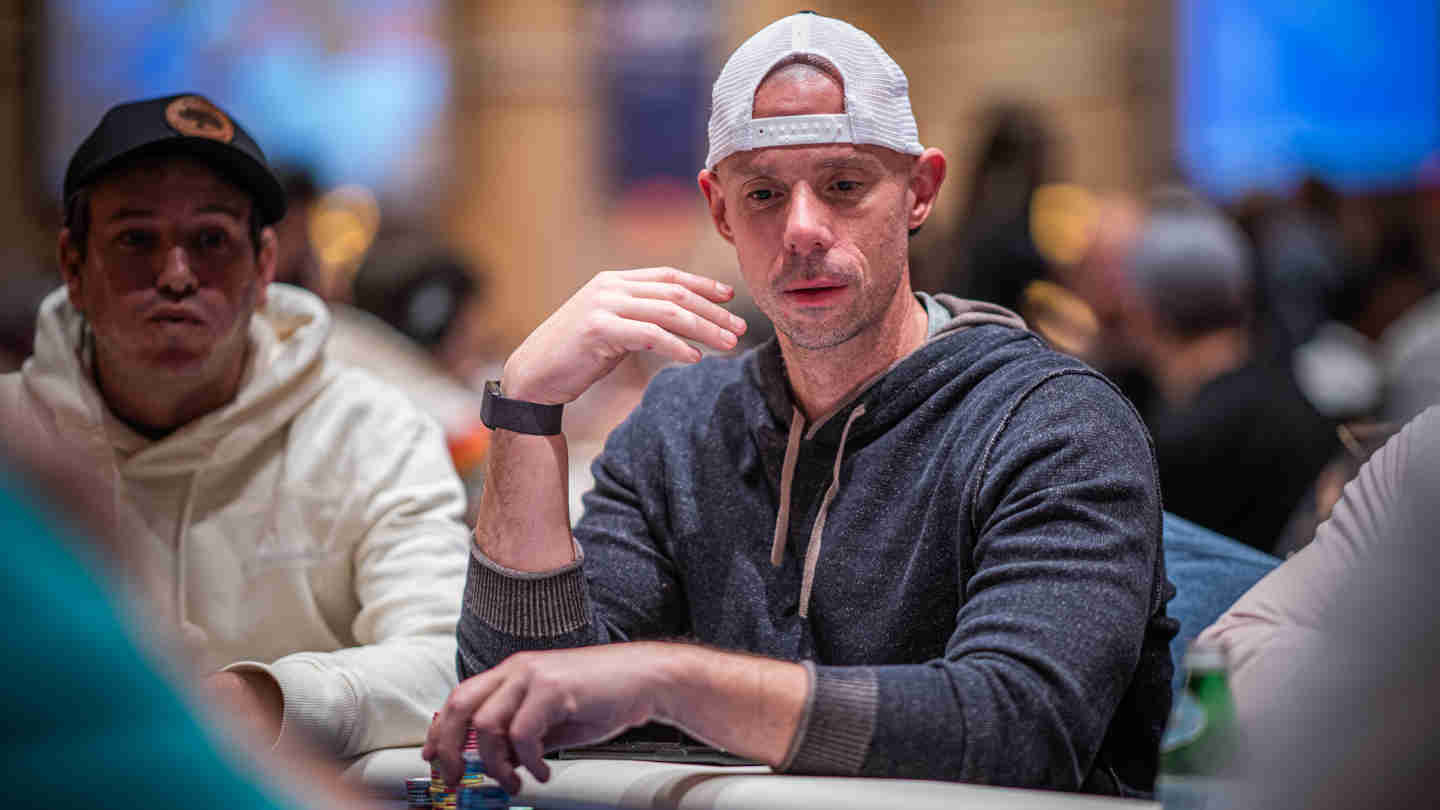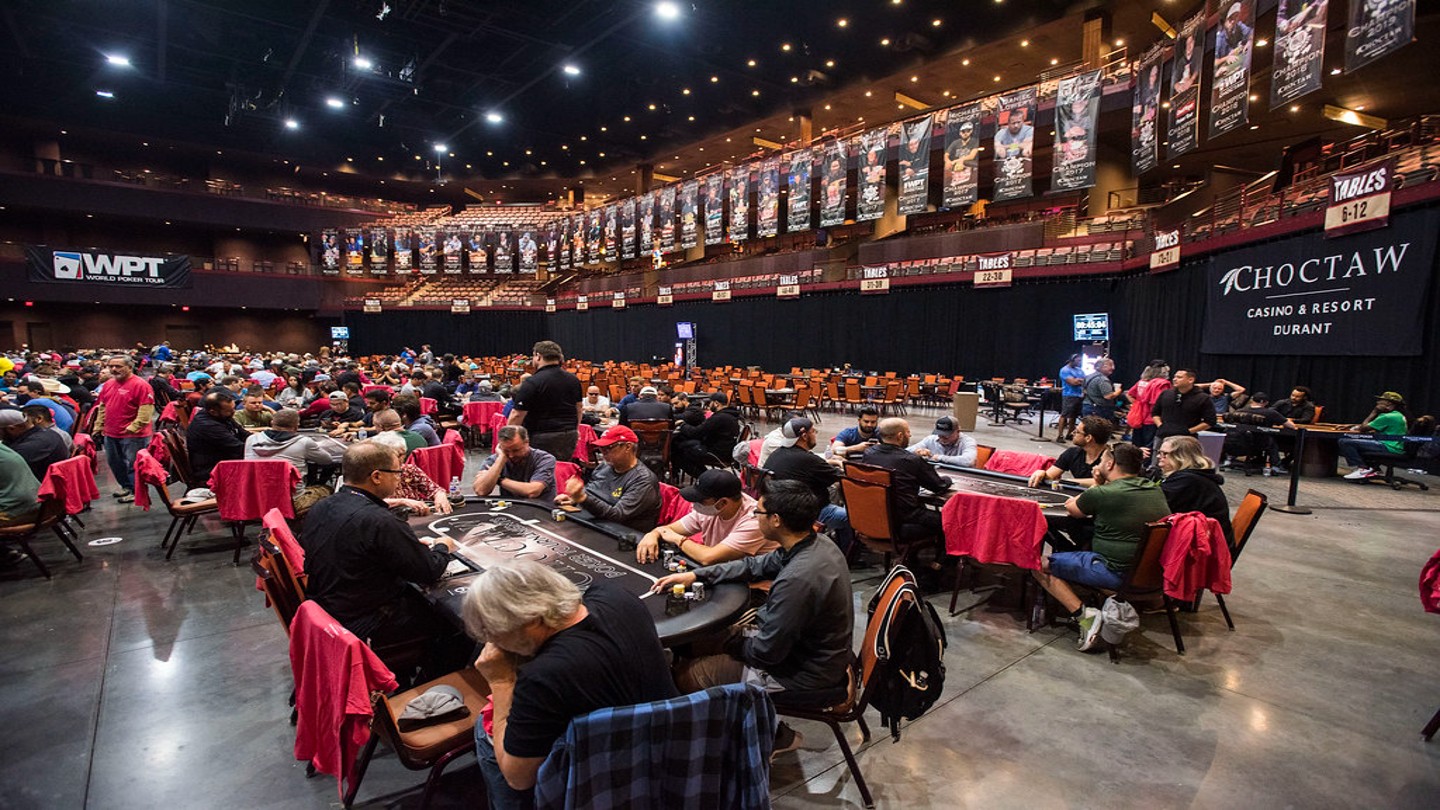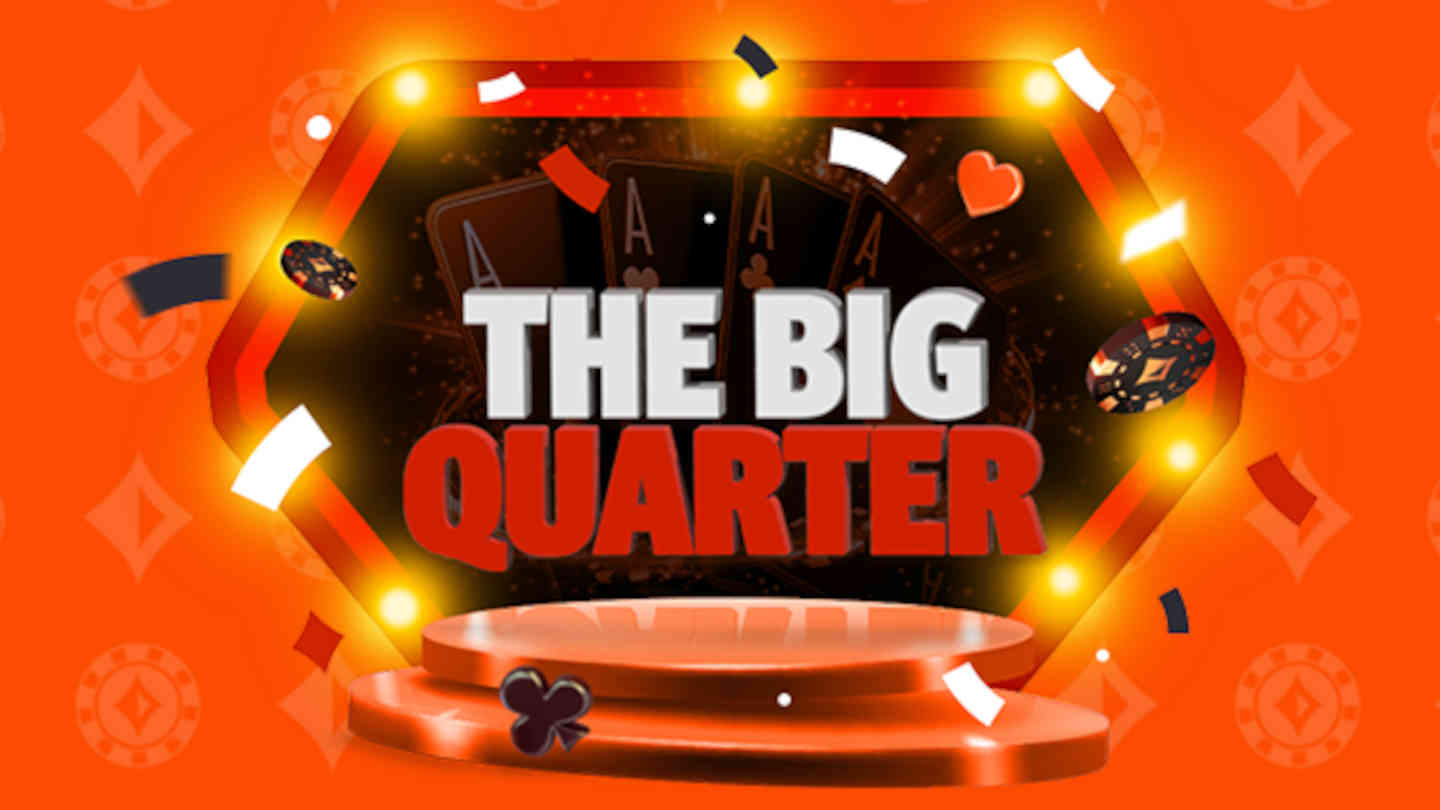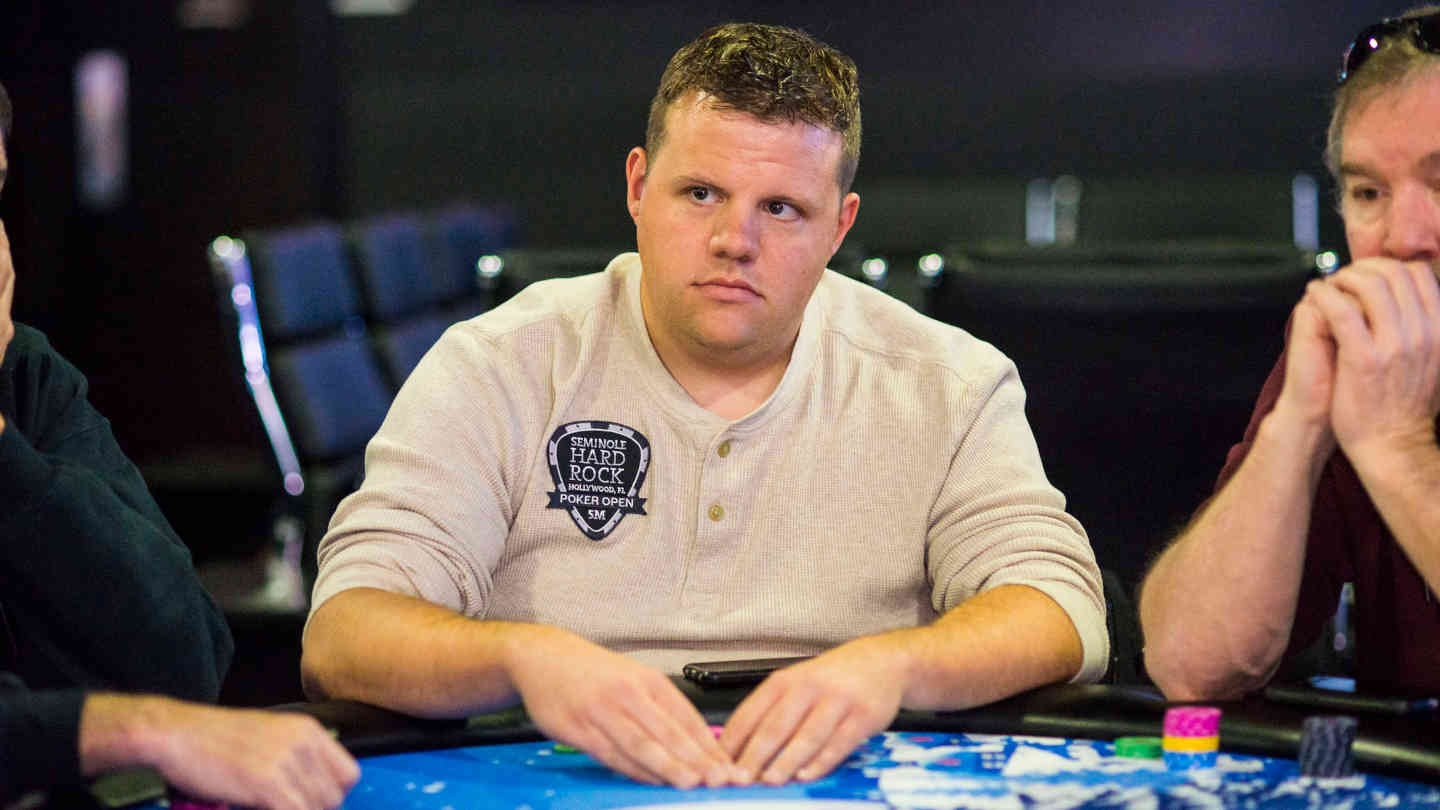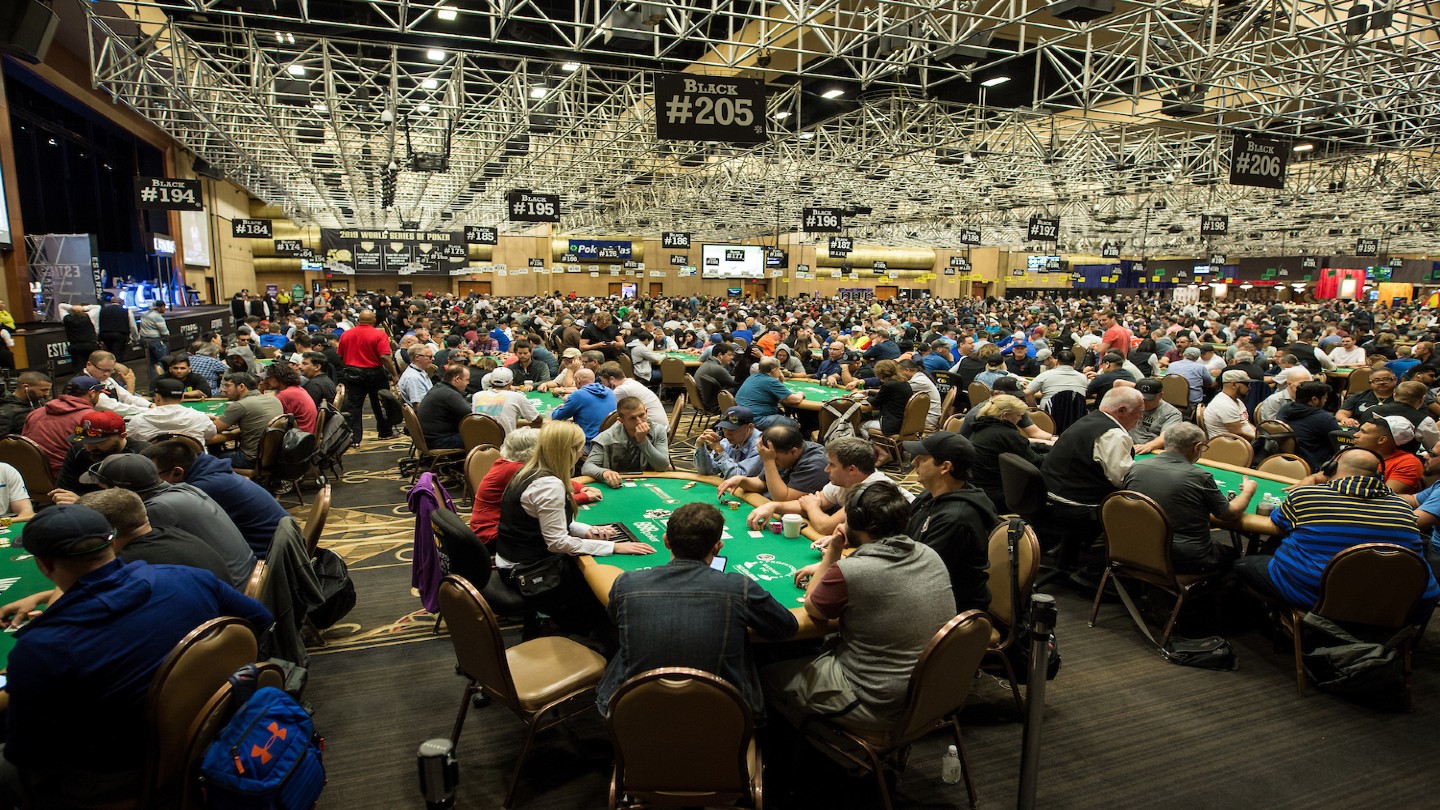Practice Makes Perfect – in Poker and Life
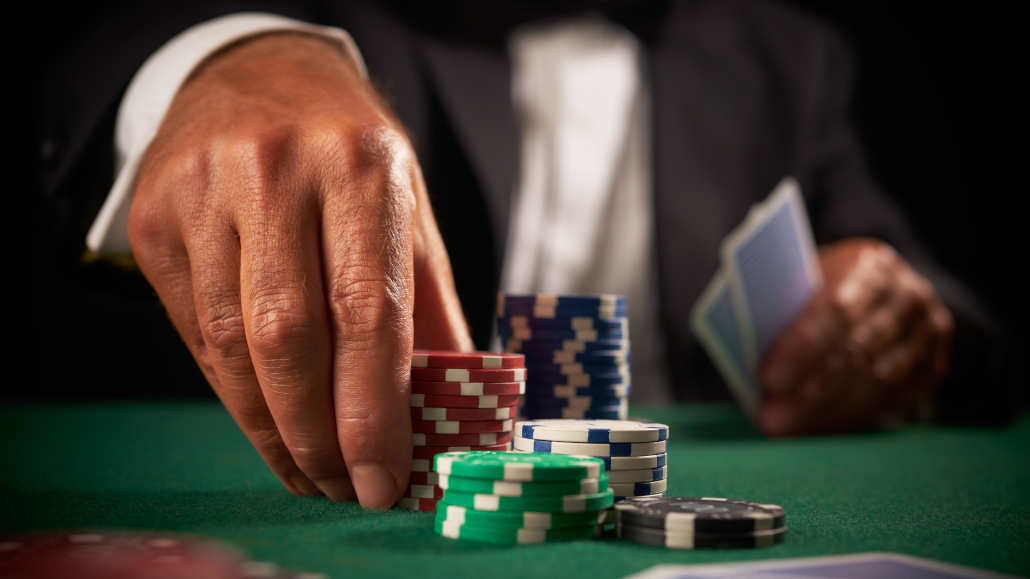
4 minutes
Last Updated: September 24, 2021
In order to become a better poker player, there is no substitute for practice. But what do you need to do to optimize each poker session and become the poker player you have always wanted to be? How can you get the most out of each session? There are no simple answers to these questions, but we can provide you with some advice to help you become an expert in this exciting field.
If you check out bios of the best poker players out there, you’ll realize that all of them had to go through a long and difficult process to get to where they are today. But, in the end, their efforts and perseverance paid off, and if you follow these tips, you can be well on your way to achieving poker greatness.
Be Ready to Play
Before you begin your climb to poker stardom, first determine your desired outcome and then take the necessary steps to achieve it.
Poker is the ultimate psychological game. Playing with the required concentration means you are on the right path to improvement. You need to feel rested and ready to play. However, if you are participating in an online tournament, make sure you have enough time to play. A great site to enjoy a few hands of poker is allslotscanada.com.
Take Things Step by Step
If you want to learn how to play poker, you must remember to take things slowly at first. Be patient and work towards your goals. Don't just dive in at the deep end and expect to get up from the table knowing how to play.
At the end of the day, what you want is to become a winning player. To do this, you need to analyze your game, observe your opponents, and see how successful players make their best hands pay off.
Watch and Learn From Others
Playing too many starting hands is a mistake that many novice players make. The temptation is to play every hand. Yet, any experienced player will tell you that this can only lead to disadvantages.
Don't be surprised if you only play one hand out of ten and fold the rest of the time.
Poker is a game of patience. Just wait for good poker hands. For example, this could be an Ace-King or Ace-Queen. What's more, remember to fold when you think you are behind. You will notice an improvement in your results almost immediately.
Later on, you can start playing more hands – such as small pairs or 8-9s of the same suit – always considering your position at the table.
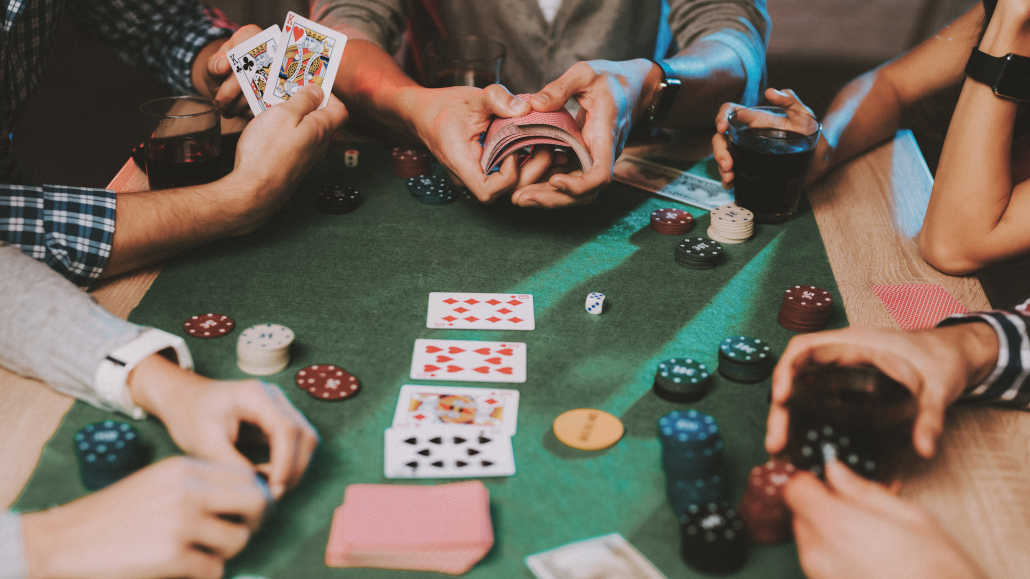
Consider your position
Considering your position is a critically important concept. Being on the ‘button' – in other words, being the last to speak in a hand – gives you the advantage of knowing your opponents' moves in advance. If they have called, raised, or even re-raised, this gives you an idea of the cards they are likely to hold.
Take Note of Your Opponents
Another weapon to use while playing is to take notes regarding your opponents' playing style. They could be ‘tight,' ‘loose' (playing a lot of early hands), aggressive (regularly betting before and after the flop), or passive (passing whenever an opponent bets or raises).
You can write down anything you think is useful. As your ability to analyze the game improves, you will be more accurate and precise in your assessments.
Be Mentally Strong
Of course, you have to pay the price to improve, and we're not just talking about poker chips. Sometimes, you'll think you've been incredibly unlucky. For example, when your pair of aces is cracked by someone who starts with a weaker hand, you need to analyze the hand in detail. Sometimes it'll be just bad luck, but sometimes it'll also be a bad play on your part.
It's Simple Statistics
The best hands can be beaten, but just like it happens to you, it will also happen to your opponents. Don't let this put you on tilt – a situation where you lose the ability to make the right judgments. It's not an easy thing to do, but it's another important distinction between the good player and the beginner.
Remember, It's All About Having Fun
In the beginning, the most important thing of all is to have fun when you play. It won't do you any good to apply all of the above if playing becomes a chore and if you do it unwillingly.
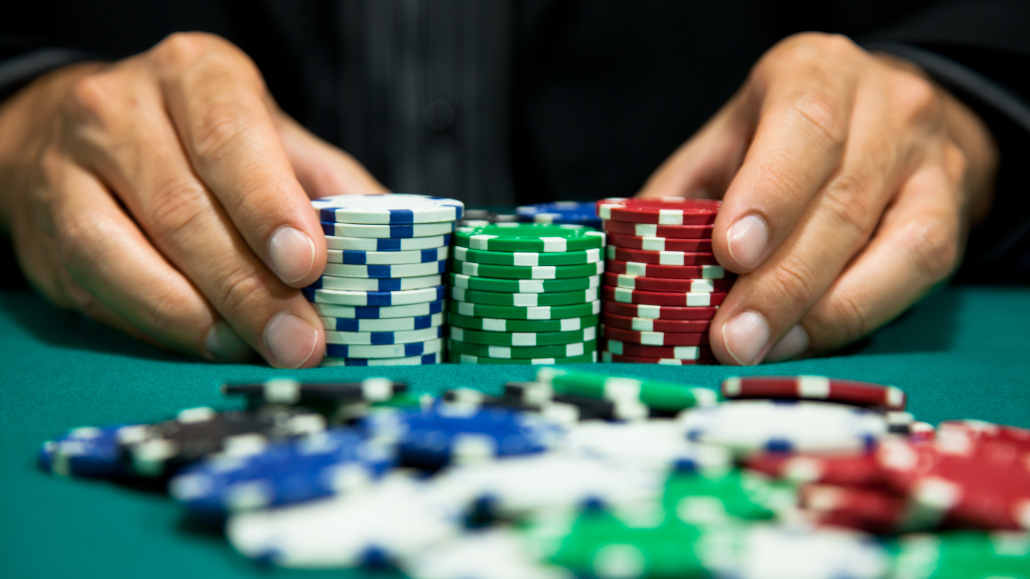
Gradually apply the concepts you learn to your game and master each one. Soon you will notice the difference, and this can only make the game more fun. This can't be a bad thing, and having fun is a good sign that you are starting to improve.
4 Steps to Improve Your Poker Skills
There are four classic ways to study poker that will help you improve your skills:
- Consult the internet: videos, forums, blogs, and poker books;
- Coaching: find an expert to teach you;
- On your own: develop a deep understanding of the game and read as much as possible;
- With friends: practice with friends before betting real money.
Above all, remember that poker is a complex game where you need to show self-control and a great deal of skill. You will not become an expert overnight, but you can certainly enjoy yourself along the way and learn a lot from others!






